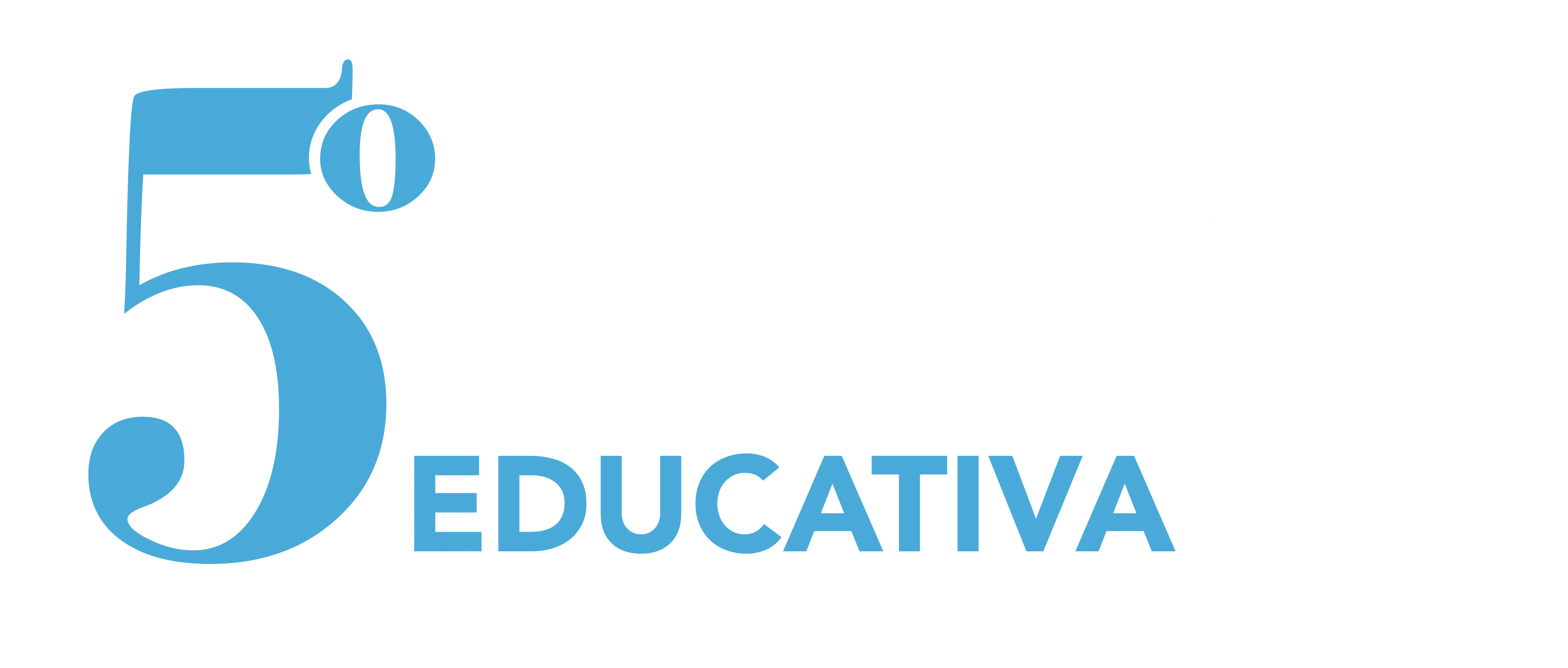Inteligencia artificial, educación y ética: revisión, desafíos y propuesta educativa
Descargas
Resumen
Este estudio explora la intersección de la ética, la educación y la inteligencia artificial (IA), con un enfoque particular en la IA generativa. A través de una revisión rápida de la literatura y un análisis de contenido de los estudios seleccionados en las bases de datos Scopus y arXiv, se identificó una tendencia hacia la integración de métodos didácticos innovadores y tecnologías emergentes en la educación. Sin embargo, también se destacó la necesidad de considerar las implicaciones éticas de la IA en la educación. Los hallazgos indican que, a pesar de los beneficios potenciales de la IA en la educación, es crucial considerar y abordar las implicaciones éticas de su uso. Como resultado, se propone una estrategia didáctica de integración que tiene en cuenta estos desafíos éticos. Esta propuesta se basa en la premisa de que la integración óptima de la IA en contextos educativos debe ser informada por una comprensión sólida de las implicaciones éticas de su uso. Se concluye que es necesario continuar la investigación en este campo y desarrollar políticas que permitan aprovechar al máximo los beneficios de la IA en la educación, al tiempo que se abordan sus implicaciones éticas.
Palabras clave
Inteligencia artificial, desafíos éticos, integración educativa, herramientas de IA, práctica educativa
Publicado
Número
Sección
Cómo citar
Licencia
Derechos de autor 2024 Congreso Caribeño de Investigación Educativa

Esta obra está bajo una licencia internacional Creative Commons Atribución-NoComercial-SinDerivadas 4.0.
Métricas
Citas
Adams, C., Pente, P., Lemermeyer, G., & Rockwell, G. (2022). Artificial Intelligence Ethics Guidelines for K-12 Education: A Review of the Global Landscape. In Lecture Notes in Computer Science (including subseries Lecture Notes in Artificial Intelligence and Lecture Notes in Bioinformatics), 12749 LNAI (pp. 24–28).
Basu, G., & Kar, U. (2019). Collaborative learning through development of virtual dc network laboratory: A case study. En IEEE Global Engineering Education Conference, EDUCON, (pp. 357–364).
Eaton, E., Koenig, S., Schulz, C., Maurelli, F., Lee, J., Eckroth, J., Crowley, M., Freedman, R. G., Cardona-Rivera, R. E., Machado, T., & Williams, T. (2017). Blue Sky Ideas in Artificial Intelligence Education from the EAAI 2017 New and Future AI Educator Program. Preprint http://arxiv.org/abs/1702.00137v1.
Flores-Vivar, J.-M., & García-Peñalvo, F.-J. (2023). Reflections on the ethics, potential, and challenges of artificial intelligence in the framework of quality education (SDG4). Comunicar, 30(74), 35–44.
Garcia, H., & Garcia, E. (2008). Enhancing simulation as improvement and decision support system tool. En Proceedings - Winter Simulation Conference, (pp. 2549–2554).
Hernández, C. A., Núñez, R. P., & Gamboa, A. A. (2021). Gains in active learning of physics: A measurement applying the test of understanding graphs of kinematics. Journal of Physics: Conference Series, 3(1).
Holmes, W., & Porayska-Pomsta, K. (Eds.). (2022). The Ethics of Artificial Intelligence in Education: Practices, Challenges, and Debates (1st ed.). Routledge. https://doi-org.ehu.idm.oclc.org/10.4324/9780429329067
Jiménez-Hernández, E. M., Oktaba, H., Díaz-Barriga, F., & Piattini, M. (2020). Using web-based gamified software to learn Boolean algebra simplification in a blended learning setting. Computer Applications in Engineering Education, 28(6), 1591–1611.
Limongelli, C., & Sciarrone, F. (2014). Fuzzy student modeling for personalization of e-learning courses. En Lecture Notes in Computer Science (including subseries Lecture Notes in Artificial Intelligence and Lecture Notes in Bioinformatics), 8523 LNCS(PART 1), (pp. 292–301).
Lucho, S., Gardini, G. B., & Bueno, J. M. E. (2023). Teaching web development courses using flipped classroom and Discord: a two-year experience in the Peruvian context during the COVID-19 pandemic. En EDUNINE 2023 - 7th IEEE World Engineering Education Conference: Reimaging Engineering - Toward the Next Generation of Engineering Education, Merging Technologies in a Connected World, Proceedings.
Nascimento, D. M. C., Hernández-Domínguez, A., & Do Socorro Silva, A. (2005). Developing a teaching supporting tool based on electronic portfolio, agents and intelligent tutoring system. En Proceedings - 5th IEEE International Conference on Advanced Learning Technologies, ICALT 2005, (pp. 349–353, 1508696).
Restrepo-Echeverri, D., Jiménez-Builes, J. A., & Branch-Bedoya, J. W. (2022). Education 4.0: integration of educational robotics and smart mobile devices as a didactic strategy for the training of engineers in STEM. DYNA, 89(222), 124–135.
Sanusi, I.T., & Olaleye, S.A. (2022). An Insight into Cultural Competence and Ethics in K-12 Artificial Intelligence Education. In IEEE Global Engineering Education Conference (EDUCON) (pp. 790–794).
Trejo, S., Meza, I., & López-Escobedo, F. (2020). Hacia los Comités de Ética en Inteligencia Artificial. http://arxiv.org/abs/2002.05673v1

